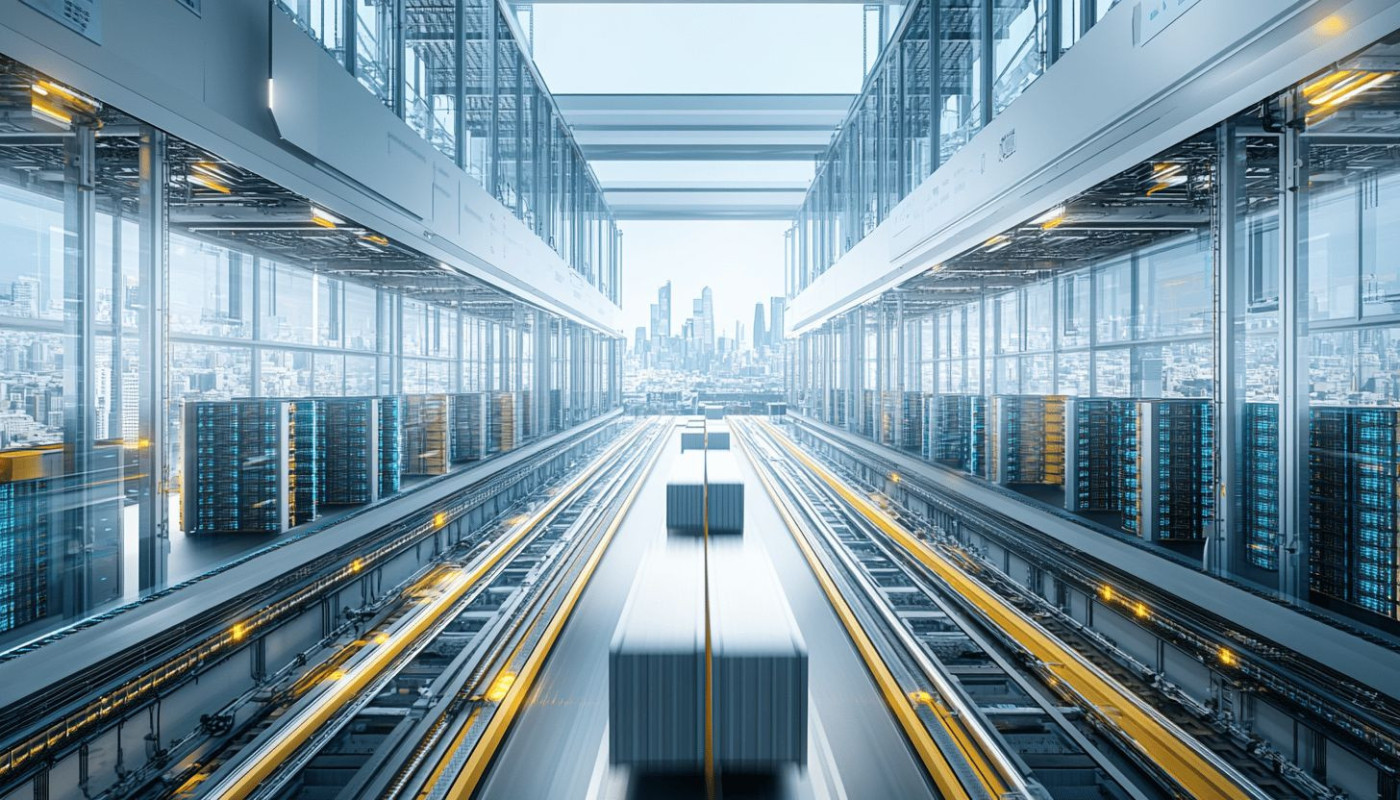Table of contents
Flexible work options are revolutionizing the way professionals approach their daily routines, breaking away from the traditional office environment. Shared workspace subscriptions have emerged as a popular solution for those seeking both structure and adaptability in their workday. This article delves into the evolving landscape of modern workspaces, inviting readers to explore the benefits and innovations that come with these dynamic arrangements.
The evolution of flexible work
Work patterns have undergone a significant transformation as the modern workforce shifts away from traditional, office-bound routines toward more adaptable structures. The increased adoption of hybrid work models reflects a dynamic approach, blending remote and in-person collaboration while granting professionals greater autonomy over their environments. This trend has led to a notable surge in demand for workspace subscriptions, which offer individuals and companies the flexibility to access a range of coworking locations on demand. Such options cater to a variety of working preferences, seamlessly supporting both solo tasks and collaborative projects within an evolving business landscape.
At the heart of this evolution lies the concept of activity-based working, an advanced workplace strategy that aligns specific environments with corresponding tasks. Activity-based working facilitates optimized productivity by allowing employees to select workspaces that best suit their current activities, whether they require quiet concentration or interactive teamwork. Workspace subscriptions are integral to this approach, as they grant users access to diverse coworking setups designed to suit shifting needs throughout the day or week. The move toward shared workspace solutions reflects the modern workforce’s desire for environments that prioritize flexibility, convenience, and tailored amenities.
Coworking providers are responding to these changing preferences by offering memberships and subscription models that appeal to startups, freelancers, and established enterprises alike. These shared environments leverage advanced technology, ergonomic design, and community-building initiatives to enhance the overall work experience. For those interested in exploring high-quality coworking options, the Best coworking spaces in Fort Worth showcase how tailored workspace subscriptions can support professional success and work-life integration. As flexible work continues to define the future of employment, the role of innovative coworking environments will only grow more pronounced.
Benefits of shared workspace subscriptions
Shared workspace subscriptions offer an array of advantages that directly address the evolving needs of modern professionals and organizations. One primary benefit lies in significant cost savings, as businesses can access fully equipped office facilities without the overhead costs associated with traditional long-term leases. This model supports work flexibility by allowing members to choose when and where to work, enhancing adaptability for both individuals and teams. The collaborative environment fostered within these spaces encourages networking, connecting members from diverse sectors and backgrounds. Such interactions often lead to new partnerships, business opportunities, and knowledge exchange, all of which contribute to improved productivity. Enhanced amenities and ergonomic designs further boost efficiency, while access to meeting rooms and shared resources reduces interruptions and supports focused work. Shared workspace subscriptions, with their blend of community and autonomy, are transforming the landscape of workplace solutions by maximizing value and driving superior work outcomes.
Key features of modern workspaces
Modern shared workspaces excel by offering a blend of ergonomic furniture, high-speed internet, and a suite of amenities that support both productivity and comfort. Ergonomic furniture, designed to adapt to the human body's needs, reduces fatigue and minimizes the risk of injury during extended work periods, enhancing overall efficiency. Reliable, high-speed internet ensures seamless workflow and uninterrupted connectivity for all users, meeting the demands of contemporary business operations. Amenities such as well-equipped kitchens, private meeting rooms, and dedicated quiet zones address diverse professional requirements, letting occupants tailor their experience to specific tasks throughout the day.
A thoughtful workplace design incorporates seamless workspace access, enabling users to enter and utilize facilities at times that match their flexible routines. Biophilic design, which integrates natural elements like indoor plants, natural lighting, and organic materials, has proven benefits for mental health and focus, contributing to a healthier, more inspiring environment. These features, when combined, create a vibrant ecosystem that attracts businesses and freelancers alike, setting shared workspaces apart as dynamic hubs for modern professionals seeking adaptability and wellbeing in their daily work lives.
Adapting to changing business needs
Shared workspace subscriptions have emerged as a game-changer for organizations aiming to boost business agility and maintain competitiveness in unpredictable markets. By replacing rigid, long-term office commitments with flexible lease models, companies can leverage workspace solutions that offer dynamic allocation of physical resources. This approach allows businesses to expand or contract their footprint in real time, directly in line with fluctuating project demands or seasonal variations. Scalability becomes attainable without the burden of traditional overhead, freeing up capital and reducing risk. Especially for remote teams, these subscription services enable seamless collaboration across various locations, ensuring that teams remain connected and productive regardless of geographic boundaries. From a business strategist’s perspective, the dynamic allocation of workspace not only enhances operational efficiency but also supports rapid adaptation to evolving market conditions, positioning organizations to respond swiftly to both opportunities and challenges.
The future of flexible workspaces
The future of work is increasingly defined by the rapid adoption of technology integration and the changing landscape of employee expectations, which are driving innovation in the flexible workspace sector. Smart workspace solutions, incorporating IoT sensors, AI-powered booking systems, and touchless access, are poised to become standard across shared environments, fostering both productivity and seamless user experiences. Such technologies enable organizations to offer adaptable and personalized settings, responding in real time to workforce needs and optimizing resource allocation, which aligns with the evolving nature of work itself. As employees value autonomy and choice, businesses are reimagining physical offices, leveraging digital platforms and data analytics to deliver truly hybrid environments. These shifts not only attract talent but also support sustainable business models, positioning flexible workspace subscriptions at the forefront of workplace evolution. In sum, the integration of smart workspace technology and a deeper understanding of employee expectations ensure that the flexible workspace will remain a pivotal element in the future of work, continually adapting to meet the dynamic demands of the modern workforce.

















